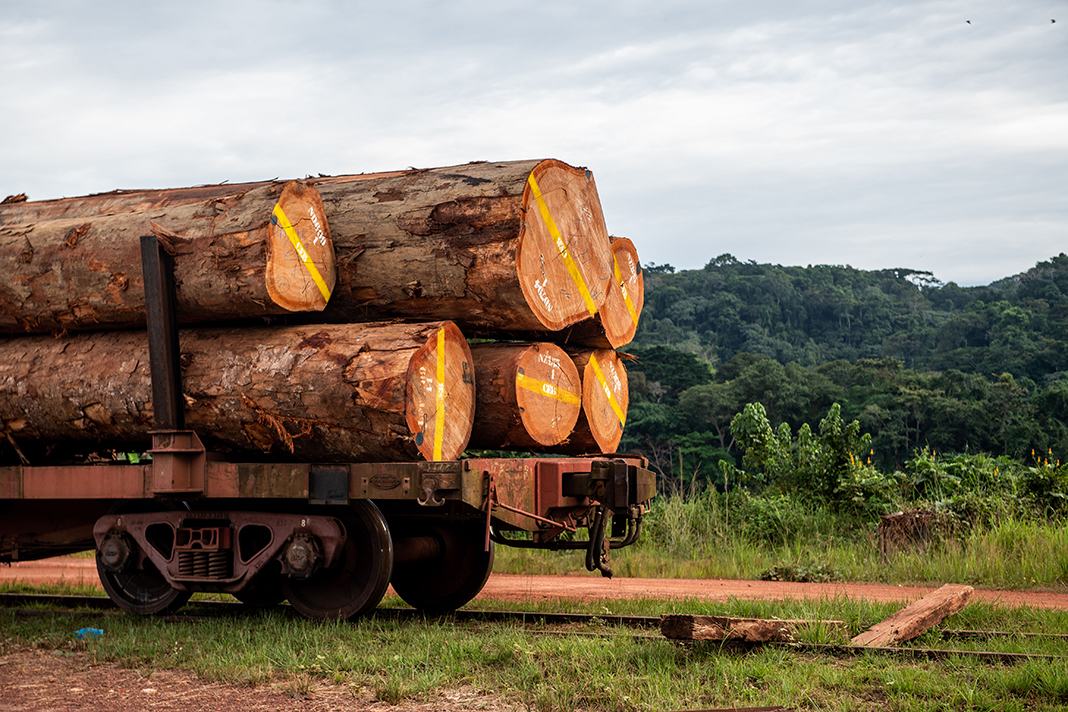Tropical timber - part of the solution


Tropical timber is often - by default - presented as a problem. Every day tropical forests are destroyed or degraded by the conversion of forest landscapes and other destructive activities, such as unsustainable forestry. As the forest cover is continuously decreasing, tropical timber easily becomes the very symbol of deforestation. But there is more to the story than meets the eye.
It’s important to analyse what drives deforestation and degradation in tropical forests.
Irresponsible or illegal removal of timber from a tropical forest is a very small part of the problem; the real problem lies with the competition for land use. The increasing demand for agricultural products such as palm oil, beef, soy, and corn also leads to forest degradation and deforestation. In addition, new infrastructure, city extensions and the extraction of natural resources play their part in destroying the forest.

Timber can - if managed correctly – have very little impact on the forest ecosystem. At the same time, it can sustain the local economy.
Prohibition or boycotts of sustainably sourced tropical timber can very well be undermining the positive effects that timber export has to countries in the tropical regions. One of the incentives for the development of sustainable forestry in these areas is the substantial income that results from the international demand for timber. If this incentive is removed, the certification is often abolished, and the area becomes vulnerable to illegal logging, or to other kinds of land use at the expense of forests.
It is therefore important to support the forestry sector in tropical countries and purchase timber from sustainable tropical forestry to support responsible development in the tropical areas.











